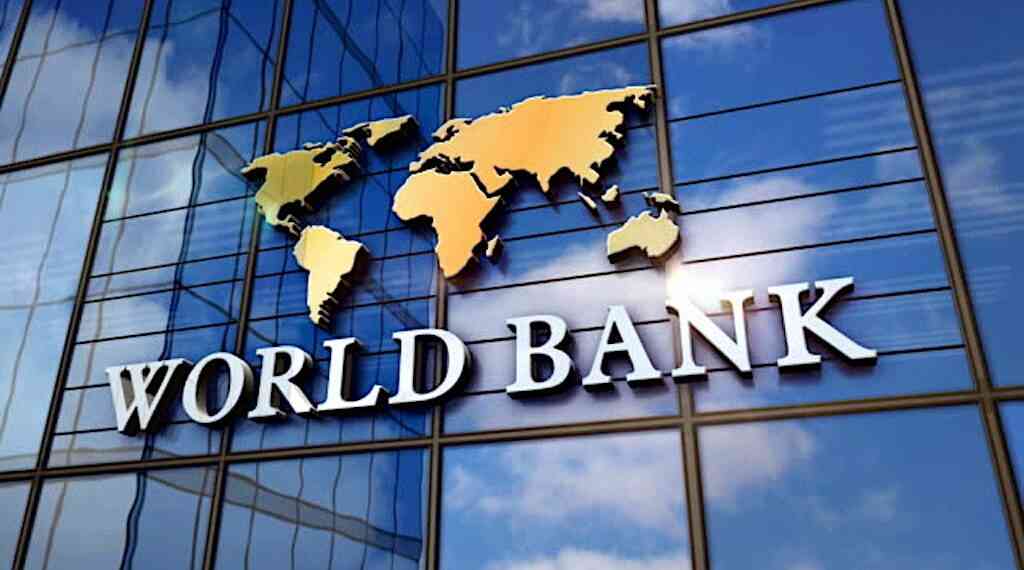
WORLD Bank (WB) vice-president for Eastern and Southern Africa Victoria Kwakwa will arrive for a four-day visit to Zimbabwe today, as the global lender develops a new country engagement framework that will underpin work for the next two years.
In a statement yesterday, WB said it was committed to working with Zimbabwe to achieve its development goals through targeted interventions to ensure macroeconomic stability and build resilience.
“This visit reaffirms our partnership with the government and the people of Zimbabwe. Through knowledge, technical assistance and partnerships, the bank continues contributing to the country’s development agenda,” Kwakwa said.
She will visit Harare before heading to Victoria Falls to join the United Nations Economic Commission for Africa Conference of Ministers of Finance and Economic Planning in Africa.
In Harare, Kwakwa will engage government officials and stakeholders, including women and youth entrepreneurs, the private sector and development partners, to discuss WB's current and future engagements in Zimbabwe.
In Victoria Falls, she will engage government officials working on expanding the tourism industry and the private sector in the resort town and Livingstone.
During her visit, Kwakwa will join the launch of two core knowledge products for Zimbabwe — the country climate development report (CCDR) and the country private sector diagnostic report.
CCDR closely examines the interplay between development and climate change and suggests concrete, priority actions to support Zimbabwe's low-carbon, resilient transition.
- Zim has 2nd highest rising food prices: WB
- 'Market discipline difficult to maintain'
- Govt policy unpredictability destroying formal economy
- UZ fiasco shows govt is aloof
Keep Reading
It provides in-depth economic analyses that identify opportunities for the private sector to maximise development impact, guide future investments and inform policy reform agenda.
The lender’s active portfolio in the country includes two health projects and an energy project under development, along with technical assistance towards health, agriculture, poverty monitoring, social protection, skills, private and financial sector, water and tourism.
Zimbabwe, among a few other countries, is in arrears to the World Bank Group hence cannot receive traditional financing through the International Development Association or International Bank for Reconstruction and Development.






